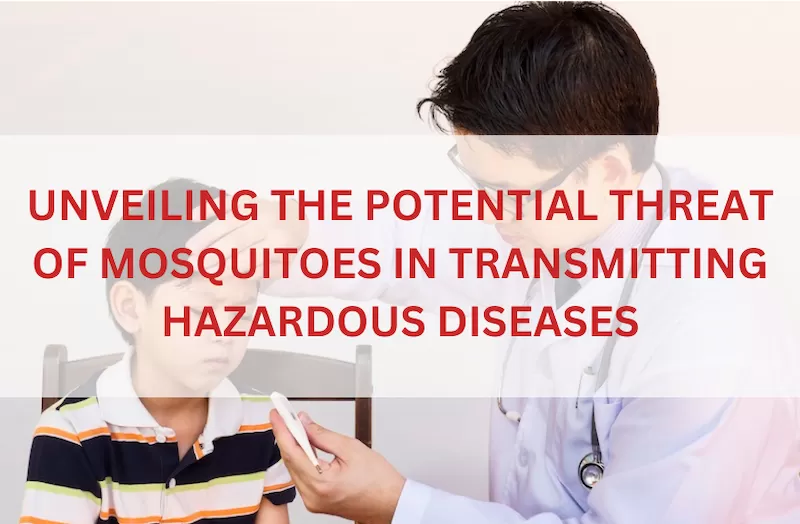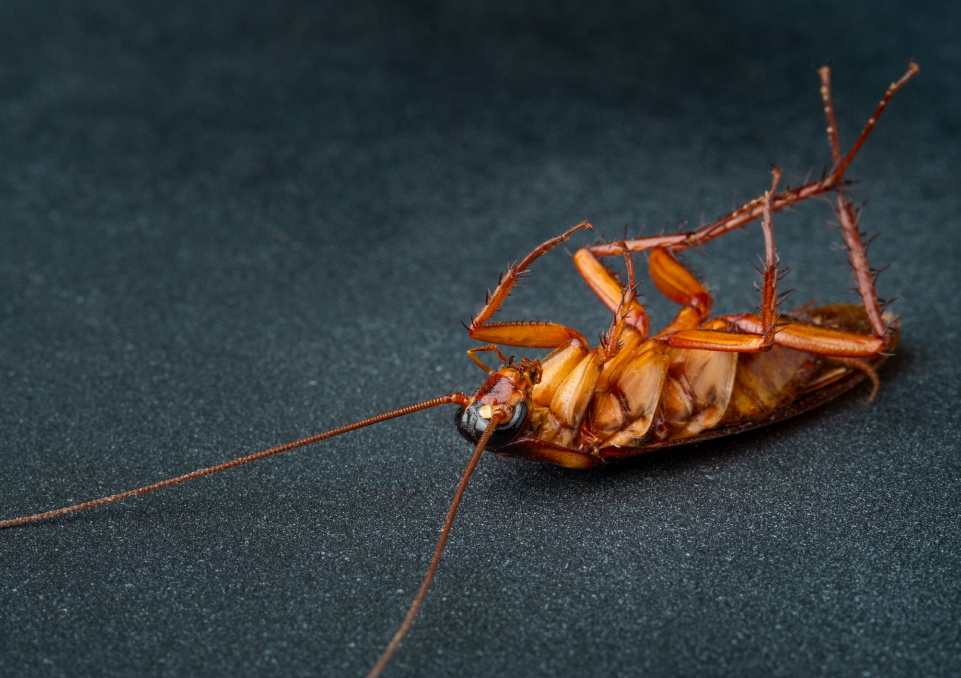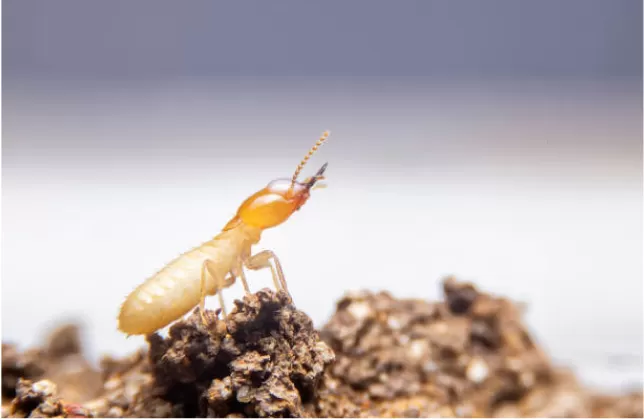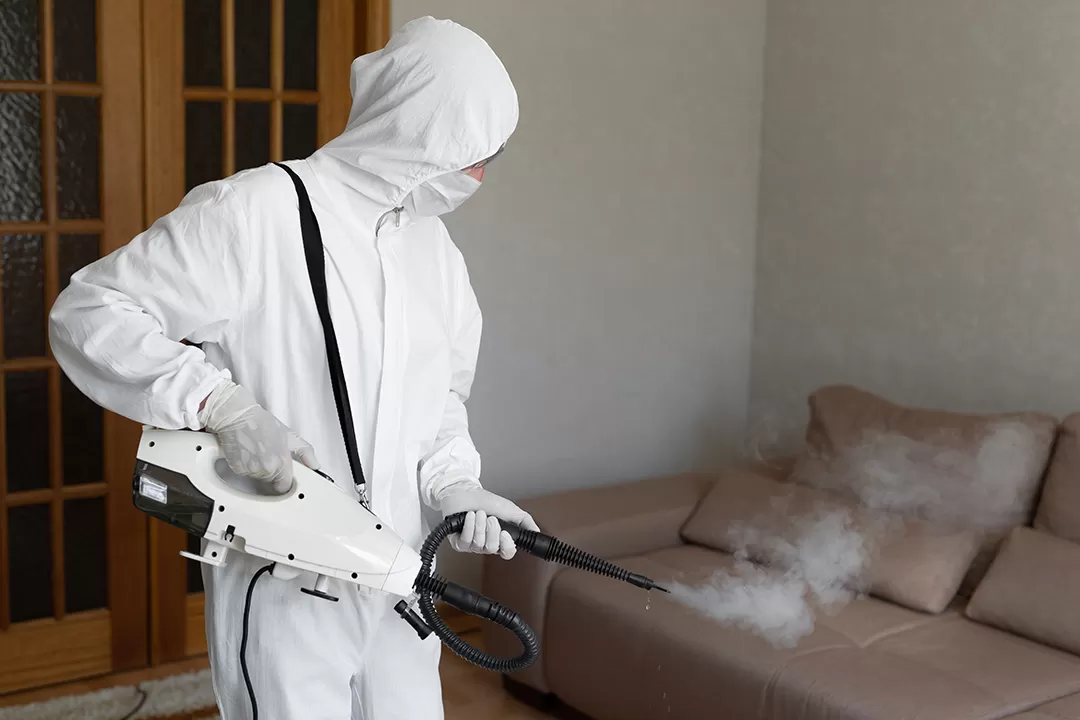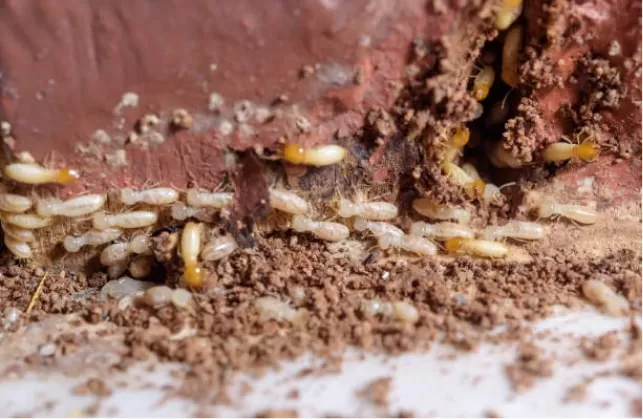Mosquitoes are more than just a nuisance. They can transmit serious diseases such as malaria, dengue, Zika, chikungunya, yellow fever and West Nile virus. These diseases can cause severe complications and even death, especially for vulnerable populations such as children, pregnant women and the elderly. According to the World Health Organization, mosquito-borne diseases are responsible for millions of cases and hundreds of thousands of deaths every year. Therefore, it is important to prevent and control mosquito breeding and biting, as well as to diagnose and treat infections promptly.
Diseases Transmitted by Mosquitoes
Mosquitoes are vectors of many infectious diseases that affect humans and animals. They transmit pathogens through their saliva when they bite a host.
Some of the potential diseases that mosquitoes can transmit are:
Malaria
Malaria is a disease caused by a parasite that is spread by some types of mosquitoes. It can cause fever, chills, headache, nausea, and other symptoms. If not treated, it can lead to severe complications and death. Malaria is common in tropical and subtropical countries, especially in Africa. It can be prevented by avoiding mosquito bites, using insecticides, sleeping under nets, and taking medicines. Malaria can be diagnosed by a blood test and treated with antimalarial drugs.
Dengue
Dengue is a viral disease that is transmitted by the bite of a mosquito called Aedes aegypti. It causes high fever, headache, muscle and joint pain, skin rash, and sometimes bleeding. Severe dengue can lead to shock, organ failure, and death. Dengue is common in tropical and subtropical regions of the world. There is no specific treatment for dengue, but supportive care can help. The best way to prevent dengue is to avoid mosquito bites and reduce the mosquito population.
Zika
Zika is an infectious disease caused by a virus that is transmitted primarily by Aedes mosquitoes, which bite mostly during the day. Most people with Zika infection do not develop symptoms; those who do typically have symptoms such as rash, fever, conjunctivitis, muscle and joint pain, headache and vomiting that last for 2–7 days. Zika infection during pregnancy can cause serious birth defects and complications in the fetus. Zika infection is also associated with neurological disorders such as Guillain-Barré syndrome in adults and children.
Yellow Fever
Yellow fever is a viral disease that is transmitted by mosquitoes, mainly in tropical and subtropical regions of Africa and South America. It can cause fever, headache, nausea, vomiting, and jaundice (yellowing of the skin and eyes). In severe cases, it can lead to bleeding, organ failure, and death. There is no specific treatment for yellow fever, but it can be prevented by a safe and effective vaccine.
Chikungunya
Chikungunya is a viral disease that is transmitted by mosquitoes, mainly Aedes aegypti and Aedes albopictus. These mosquitoes can also spread dengue and Zika viruses. Chikungunya causes fever and severe joint pain, which can last for weeks or months. Other symptoms may include muscle pain, headache, rash, nausea and red eyes. There is no specific treatment or vaccine for chikungunya.
West Nile Virus
West Nile virus is a type of virus that can cause fever and neurological problems in humans, horses and birds. It is mainly spread by the bite of infected mosquitoes, especially Culex species. Most people who get infected do not have any symptoms, but some may develop serious complications that can be fatal. There is no vaccine or specific treatment for West Nile virus infection. The best way to prevent it is to avoid mosquito bites by using repellent and wearing protective clothing.
Japanese Encephalitis
Japanese encephalitis (JE) is a serious infection of the brain caused by a virus that is spread by mosquitoes. The virus belongs to the same family as dengue and yellow fever viruses. Most people who get infected with JE virus do not have any symptoms, but some may develop inflammation of the brain (encephalitis), which can be fatal or cause permanent disability. There is no specific treatment for JE, but it can be prevented by vaccination and avoiding mosquito bites.
Lymphatic Filariasis
Lymphatic filariasis is a disease caused by parasitic worms that infect the lymphatic system and cause swelling and deformity of body parts. It is transmitted by mosquitoes and affects over 40 million people in tropical and subtropical regions. It can be prevented and treated with drugs that kill the worms and their larvae.
Protecting Yourself From Diseases Transmitted by Mosquitoes
These are just some of the potential diseases that mosquitoes can transmit. However, there are many ways to prevent mosquito bites and protect oneself from these diseases. Some of these ways include:
- Using insect repellents on exposed skin and clothing
- Wearing long-sleeved shirts and long pants when outdoors
- Sleeping under mosquito nets or in screened rooms
- Avoiding stagnant water where mosquitoes breed
- Getting vaccinated against some diseases such as yellow fever
- Seeking medical attention if symptoms develop after a mosquito bite
Conclusion
In conclusion, mosquitoes pose a significant threat beyond mere annoyance, as they are vectors for various dangerous diseases. Therefore, it is crucial to remain vigilant and proactive in controlling their population. By maintaining good hygiene practices, keeping our surroundings clean, and protecting ourselves against mosquito bites, we can mitigate the risk they pose to our health and well-being.
Furthermore, in Singapore, where mosquitoes are prevalent, engaging the services of a reputable pest control company can greatly aid in mosquito control efforts. These professionals possess the expertise and tools necessary to identify and target mosquito breeding grounds, effectively reducing their population. Through the application of larvicides, insect growth regulators, and adulticides, pest control companies can significantly suppress mosquito numbers, thereby lowering the risk of disease transmission.
By combining personal preventive measures with the assistance of a pest control company, residents of Singapore can create a comprehensive defence against mosquitoes. Together, these efforts contribute to creating a safer and healthier environment for all, minimizing the threat of mosquito-borne illnesses and promoting overall well-being.

